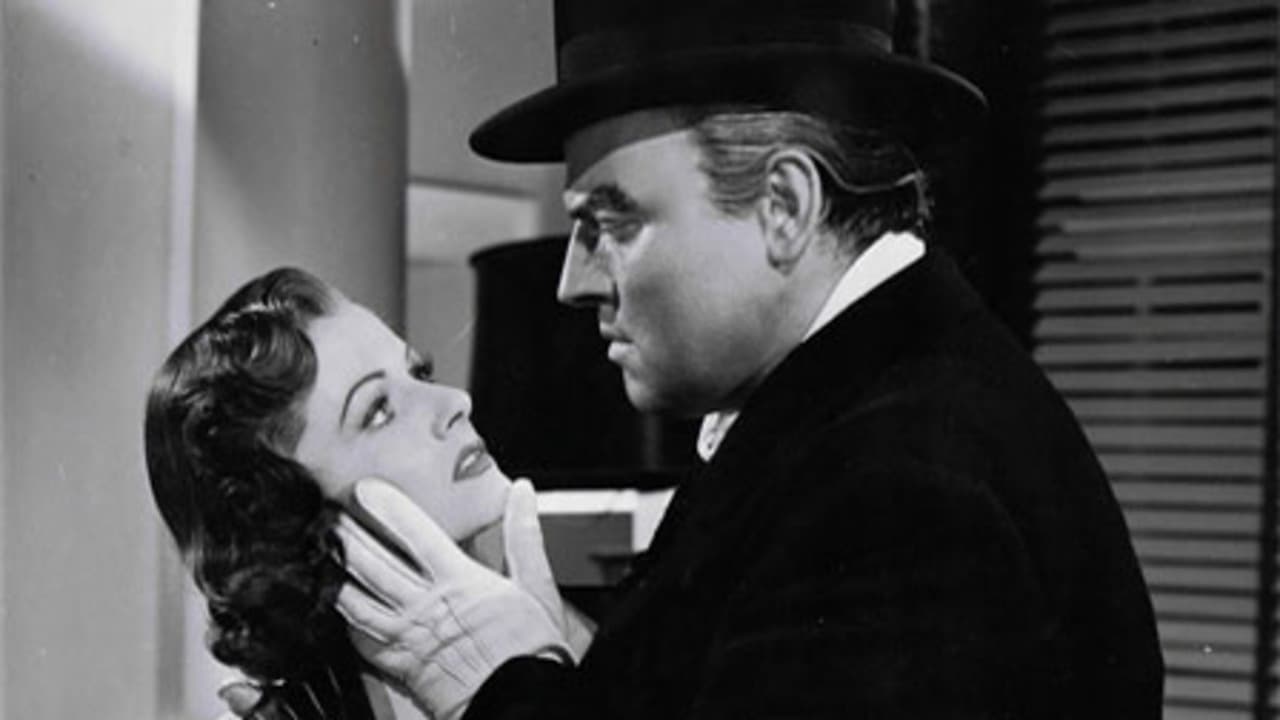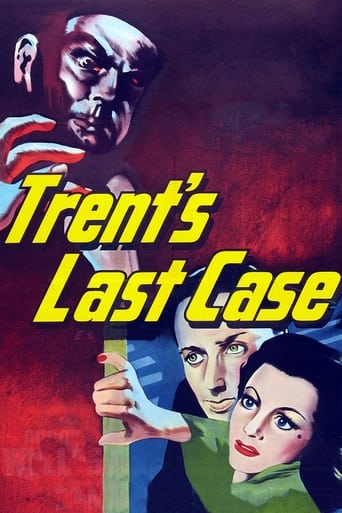

A Brilliant Conflict
... View MoreThis movie was so-so. It had it's moments, but wasn't the greatest.
... View MoreYes, absolutely, there is fun to be had, as well as many, many things to go boom, all amid an atmospheric urban jungle.
... View MoreIt is a whirlwind of delight --- attractive actors, stunning couture, spectacular sets and outrageous parties. It's a feast for the eyes. But what really makes this dramedy work is the acting.
... View MoreThis is pure whodunit,in the grand tradition of Agatha Christie and there are similarities with the lady of crime's "murder on the links" ,but the solution is not as brilliant as hers ,because in this field,she has no equal.Anyway ,everyone who likes Christie will relish .A desirable mansion ,where a man took his own life (or was it murder?) and suspects including two secretaries,one of whom may be in love with the dead's wife and the other one may be jealous.But the main asset of the movie is the wealthy (suicidal?) businessman ,masterfully portrayed by Orson Welles whom we only see in flashbacks :the scene when we hear his formidable voice ,but only the back of his armchair gives the jitters. Michael Wilding has no gray cells,but he displays flair for clues ,as though he had be trained by Hercule Poirot.Entertaining whodunit.
... View MoreIf it weren't for the presence of Orson Welles as the ostensible murder victim in Trent's Last Case, this rather indifferent British murder mystery would be consigned to blessed obscurity. For that the rest of the cast should be grateful.The title role is played by Michael Wilding as Philip Trent, amateur detective and full time artist for a day job. He gets called in on a case that the coroner has already ruled a suicide, but Trent gets a mysterious note that compels him to keep on digging.The dead man is played in flashback by Orson Welles as we get the real story of what happened from a couple of sources. Welles comes on a whole lot like Charles Foster Kane, it's probably the reason he was sought by producer Herbert Wilcox for the role. Welles is a billionaire like Kane with a jealous streak and an incredibly beautiful wife in Margaret Lockwood. That's enough to make any man jealous and the object of his jealousy is his own private secretary John McCallum.In the end the real story does come out. Trent's Last Case is a lot like Compulsion where a mediocre film is lifted to something approaching greatness by Welles's performance as the defense attorney.Though his role is light years from Jonathan Wilk, it's Welles whom you wait for throughout the film. And although he's good, he does not do for Trent's Last Case what he did in Compulsion. The film is very talky and when the talk isn't made by Orson Welles, the talk is dull.
... View MoreArmchair detective gets involved in the case of the death of a rich man. The inquest says suicide- but ends are left hanging so Trent investigates.Stoggie formal British mystery with Orson Welles in flashbacks playing the dead man with a pointy nose, too much make up and raised eyebrows. He's in over acting mode chewing the scenery in his "look at me style". He's in the film for just over ten minutes but all I remembered was his bad acting and silly nose.As for the rest of the film it's an okay time waster, but it's not much beyond that. It's a long 90 minutes
... View MoreA very dull movie on a novel which was famous because it tried to be the reversal of the usual mystery novels. A long work by the amateur detective which results in an impregnable indictment of the murder, until in the end someone confesses having witnessed what was an accident. The picture is too talky. Even its denouement is talked. No suspense at all. By 1952 Herbert Wilcox had proved not to be the notable director they claimed he was in the thirties. Good performances by Michael Wilding and Orson Welles. Indifferent by an aging Margaret Lockwood.
... View More